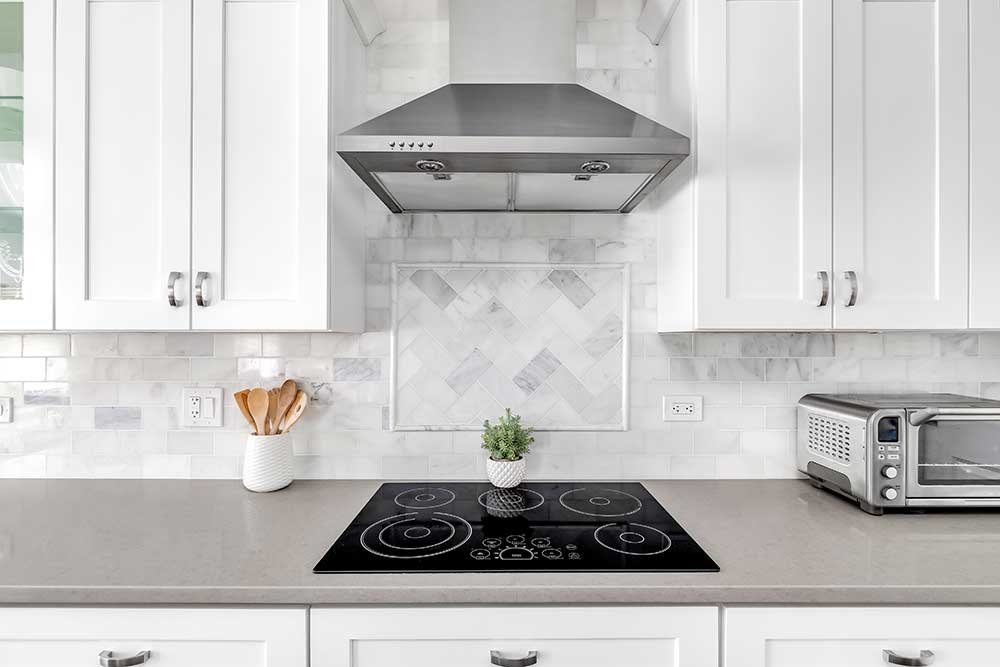How to Decide Between Kitchen Upgrades or Selling Your Home
We’ll help you evaluate the financial, emotional, and practical implications of remodeling your kitchen versus moving to a new home.
Understanding the Motivation Behind the Decision
Before committing to a major kitchen remodel or preparing for a move, homeowners must clearly understand their core motivations. Are you outgrowing your space? Is your kitchen outdated and non-functional? Do you crave a change in lifestyle, school district, or commute? Identifying these drivers will sharpen your focus and help align your decision with long-term goals.
Kitchen Remodeling: Cost Breakdown and ROI

Consider the costs:
- Replacing outdated cabinets and countertops
- Installing energy-efficient appliances
- Modernizing flooring and lighting fixtures
- Improving kitchen layout for better flow
According to Remodeling Magazine’s Cost vs. Value Report, a midrange kitchen remodel has an average return on investment (ROI) of 71.2%, while a major upscale remodel yields around 56.1%. This means you’re unlikely to recoup the full cost through resale alone, but a beautifully renovated kitchen often accelerates a home sale and attracts stronger offers.
When Selling Makes More Sense
There are scenarios where selling the home is clearly the better route:
- Location limitations: If your current neighborhood no longer fits your lifestyle or priorities, no amount of remodeling will fix that.
- Structural or layout constraints: Some kitchens can’t be expanded or reconfigured easily due to plumbing, walls, or lot size.
- Upgrading the entire home: If your whole house feels dated, remodeling only the kitchen might not be enough to meet your needs.
- Real estate market advantage: In a hot seller’s market, you may be able to maximize equity and move into a better-fitting property with minimal effort.
Hidden Costs of Moving
Moving may appear simpler on the surface, but it often brings substantial hidden costs:
- Real estate agent commissions: Typically 5–6% of the selling price
- Staging and minor repairs: Pre-listing updates to improve market appeal
- Closing costs: Seller concessions, transfer taxes, and title fees
- Moving expenses: Professional movers, storage, transportation, and time off work
- New mortgage and insurance costs: Higher interest rates or property taxes can impact long-term affordability
These cumulative costs can easily exceed $30,000–$50,000, depending on your local market.
Market Timing and Economic Factors
Timing the market plays a critical role. If home prices are soaring and buyer demand is high, it may be advantageous to sell now and leverage your equity. Conversely, during periods of economic uncertainty or rising interest rates, it might make sense to invest in your current property while waiting for the market to stabilize.
We recommend researching:
- Current inventory levels and average days on market in your area
- Year-over-year home appreciation trends
- Interest rate fluctuations and mortgage lending standards
Emotional Considerations: Lifestyle, Family, and Stress
While financials are crucial, emotional factors should not be ignored. Renovating allows you to stay in a neighborhood you love, keep children in their current schools, and preserve community ties. On the other hand, moving offers a fresh start, less stress from ongoing repairs, and the opportunity to right-size your life.
Ask yourself:
- Will remodeling disrupt our lives more than moving?
- Are we emotionally attached to this home and neighborhood?
- Would a new home reduce our daily stress or increase it?
Case Study Comparison: Remodel vs Move
Example 1: Remodel Success
A family in Austin, TX, chose to update their 1990s kitchen with new cabinets, quartz countertops, and LED lighting. They avoided agent commissions, kept their low-interest mortgage, and increased their home value by $45,000. They remained near top-rated schools and avoided relocation stress.
Example 2: Strategic Move
A couple in Seattle found that remodeling their small galley kitchen would cost a lot and still leave them short on space. Instead, they sold during a seller’s market, earning $150,000 in profit, and bought a newer home with a gourmet kitchen and office space in a better commuting location.
Checklist: Decide If You Should Remodel or Move
- Assess your home’s structural and spatial limitations
- Get an estimate from Eikos Kitchen & Bath Design and compare to expected ROI
- Evaluate local real estate market strength
- Calculate total moving costs and potential net equity
- Factor in emotional and lifestyle impacts
- Consider financing: Can you afford a remodel or a new home?
Final Verdict: Make the Move That Matches Your Goals

There is no one-size-fits-all answer. However, clarity comes from aligning the decision with your financial capability, market timing, lifestyle goals, and emotional readiness. Whether you decide to stay and invest in a kitchen remodel or sell and move on, a strategic, informed choice will lead to better satisfaction and financial outcomes.

